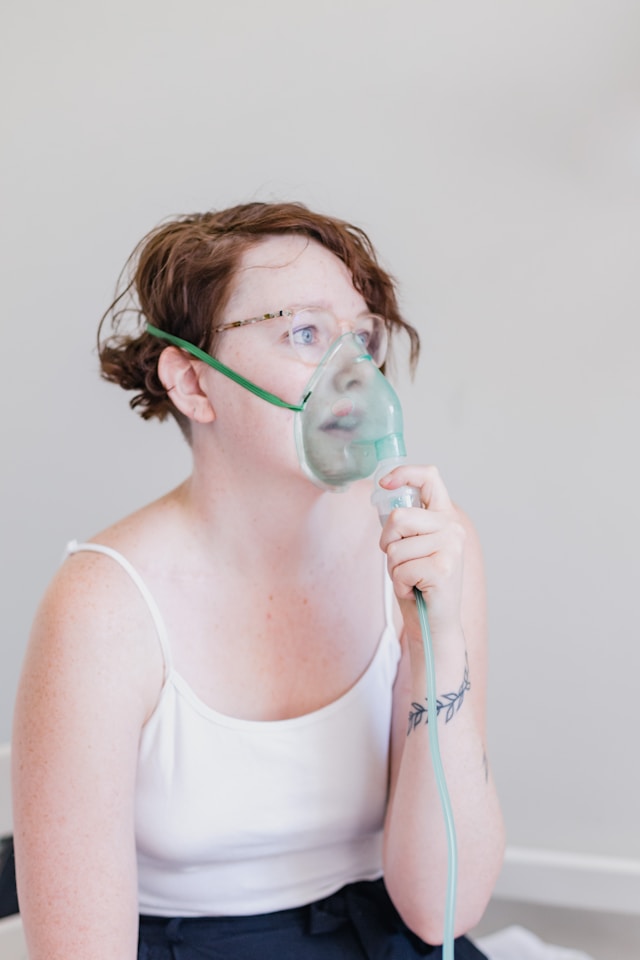Researchers at Stanford School of Medicine have developed a groundbreaking treatment using the drug omalizumab (Xolair) to prevent life-threatening allergic reactions to small quantities of allergenic foods, offering hope to children with food allergies.
Allergic asthma treatment could prevent food allergies
Individuals, particularly children, are consistently at risk of severe reactions due to food allergies, with common items such as peanuts, eggs, or milk posing a significant danger.
According to Dr. Robert Wood, a professor of pediatrics at Johns Hopkins University School of Medicine and the lead author of the study, individuals afflicted with food allergies confront a constant risk of severe reactions from inadvertent encounters. He asserts that the research demonstrates the potential of omalizumab as an added safeguard against minor, unintended exposures.
Xolair, an FDA-approved treatment for allergic asthma and chronic hives, functions by targeting and neutralizing IgE antibodies accountable for allergic responses. This significant investigation led to Xolair’s FDA sanction for mitigating the likelihood of allergic reactions to foods on February 16, instilling optimism for individuals managing multi-food allergies.
The research enlisted 177 children experiencing severe allergies to peanuts and a minimum of two other food types. Over a span of four months, subjects were administered monthly or bimonthly doses of Xolair. The outcomes were notable, with approximately two-thirds of the 118 recipients of the medication demonstrating the ability to safely ingest modest portions of foods that had previously provoked their allergic reactions.
Xolair mitigates allergens that trigger food allergies
Dr. Sharon Chinthrajah, the senior author of the study said that he was thrilled about the potential of their latest treatment for individuals with multiple food allergies. She explained that there were remarkable responses observed across various allergens triggering their conditions.
Approximately 8% of children and 10% of adults in the US suffer from food allergies, leading to challenges in daily activities like dining out and socializing. Families often incur high costs purchasing allergen-free foods. The main treatment is oral immunotherapy, involving controlled ingestion of allergenic foods to build tolerance, but it carries risks and is time-consuming, especially for those with multiple allergies.


